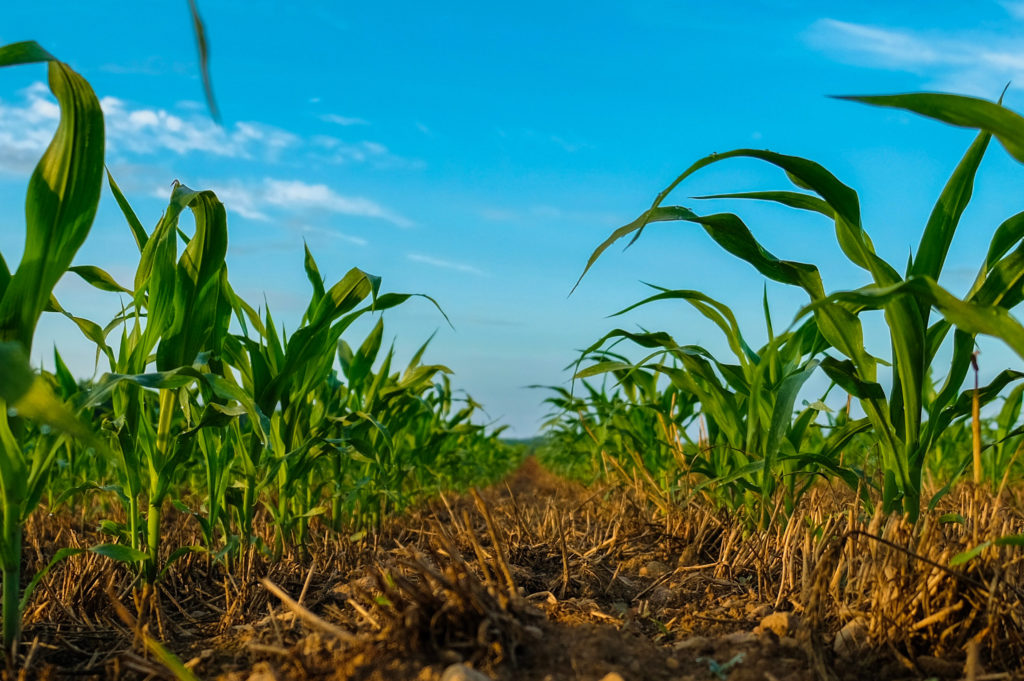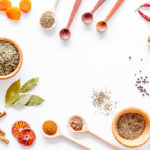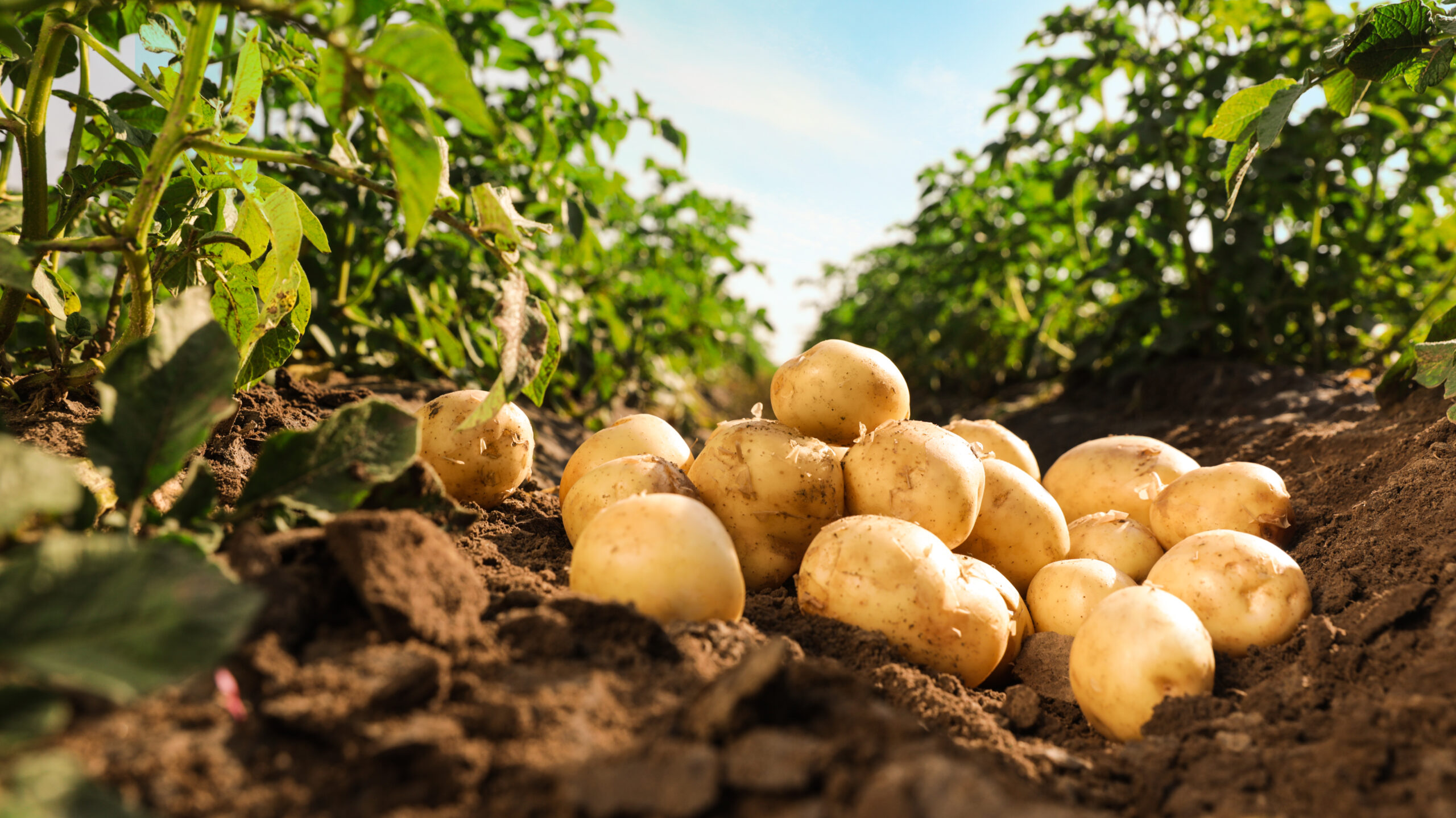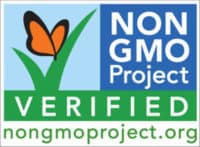
Thinking about getting your products Non-GMO Project verified? It’s a smart choice! As demand for food transparency continues to rise, shoppers are increasingly seeking out reputable, recognizable third-party verifications on the food products they purchase – and the Non-GMO Project Verified ‘Butterfly Seal’ is an unmistakable leader in that space. In fact, the presence of that orange butterfly on product packaging is now one of the most important catalysts for making a purchase.
So what is The Non-GMO Project exactly? The not-for-profit behind the ubiquitous butterfly seal is North America’s most recognized third-party verifier for non-GMO products. Consumers recognize the Project’s seal as an indicator that a product is made with minimal use of genetically modified ingredients.
Because it’s so recognizable, the Butterfly Seal can make products more attractive to consumers. A Consumer Reports National Research survey found that more than 70% of Americans say they don’t want genetically modified ingredients in their food. More and more consumers are starting to consider the origin of their food, how it’s produced, and in many cases, whether the ingredients within are genetically modified.
With that in mind, it’s no surprise that 80% of consumers actively seek out non-GMO products verified to the Non-GMO Project Standard, according to another Consumer Reports study. For many, it’s not about buying something based on a trendy label, but rather about making a purchase decision that gives them peace of mind.
Many shoppers more readily trust foods, beauty products, and other goods that are Non-GMO Project verified. According to the Non-GMO Project, products bearing their seal generate more than $22.3 billion in sales annually. That number is expected to grow by more than 16% globally within less than 3 years (Global Non-GMO Foods Market, 2017-2021).
As the longest-serving technical administrator (TA) for the Non-GMO Project, FoodChain ID can help you simplify and streamline the Non-GMO Project Verification process.
Below, we’ll walk you through the process to get the Non-GMO Project Verified seal on your products. Let’s begin!
Familiarize yourself with the Non-GMO Project
Before beginning the verification process, it’s important to familiarize yourself with the Non-GMO Project. We gave you a head start already, but there are a few more things you should know:
The Non-GMO Project was created in 2007 by two grocery stores, The Natural Grocery Company in Berkeley, California, and The Big Carrot Natural Food Market in Toronto, Ontario. They combined their efforts into the Non-GMO Project with the goal of creating a standardized definition for non-GMO products in the North American food industry.

The Non-GMO Project verified its first food products in 2010 and quickly became the industry standard for non-GMO verification. Today, it’s the No. 1 most recognized third-party verification for non-GMO products in North America.
But the Non-GMO Project doesn’t stop after the initial verification stage; products must actually continue to prove their compliance in order to renew their verification and retain the Butterfly Seal. All Non-GMO Project products are reviewed annually to ensure they meet the latest version of the Standard. The Non-GMO Project Standard was developed by industry experts and stakeholders who review and revise the Standard biennially in order to keep it rigorous and up-to-date.
Learn about the verification process
FoodChain ID details each step of the non-gmo project product verification process here.
FoodChain ID’s compliance software is a cloud-based account management system. It stores and organizes all verification-related documents, centralizes communication between you and our client services team, and enables evaluators to communicate directly with you. This keeps the verification process clear and organized and makes annual compliance renewals a snap.
On average, it takes around 2 months to get products verified. That time frame depends on a number of factors, including the number of products and/or high GMO risk ingredients contained in a product, whether sampling and testing of a high-risk ingredient is needed or if a facility inspection is required, and how quickly you can provide required/requested information. In fact, if you have a product that is not considered high-risk (see the list below) we can help you get verified in less than 30 days!
Need an even faster timeline? FoodChain ID offers expedited service for an additional fee. Contact us for details.
Cost of verification
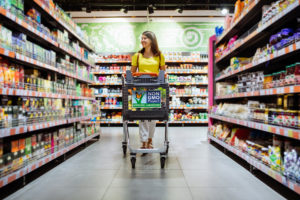
The cost of verification varies, depending on a few factors:
- The total number of products to be verified
- The number of high-risk ingredients those products contain
- The number of facilities or “copackers” use
Prepare for the process
OK, so you know why you should verify, what the requirements are and what the process looks like. But the last step is to make sure you’re properly prepared before you begin. Prior to kicking off the verification process, it’s essential (and required) for clients to have the right systems in place at the manufacturing location for traceability, segregation, formulation, labeling, and quality assurance.
Ingredients are evaluated – Products are verified. It should be no surprise that ingredients are a key facet of this process. Having your ingredient supplier complete the FoodChain ID standard ingredient form and provide all the requested information can speed up the evaluation process, and it also allows our team of evaluators to provide you with detailed next steps to get your product verified.
Testing or inspections may be required and we will walk you through it. (Pro tip – Our testing division offers discounts to FoodChain ID technical services customers!)
Questions? FoodChain ID can help. Schedule a meeting with a FoodChain ID expert today for assistance.
Verification renewals
As we mentioned before, the Non-GMO Project Product Verification Program is an annual renewal program based on the ongoing compliance of products.
In order to provide sufficient time to gather all the information required for the annual renewal of the verification of your products, we at FoodChain ID begin the renewal process 3 months prior to the renewal due date. Your renewal due date is 18 months from the date of your original enrollment or 1 year from the date of your first verified product (whichever event occurs first).
For completing the renewal process, FoodChain ID will ask you to confirm that your verified products are current and updated in terms of product formulation, ingredient suppliers, and manufacturing facilities (owned/copacker). You also need to verify that the documentation provided is still current and valid. So, having updated documents ready to submit can expedite the renewal process. FoodChain ID’s SupplyTrak compliance management software organizes and streamlines the process for you each step of the way, from the initial preparations all the way through the renewal of verification.
Marketing & promoting to internal stakeholders
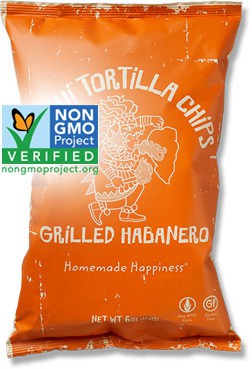
Congratulations, you’re Non-GMO Project Verified! But believe it or not, the work doesn’t stop there: The next step is marketing and promoting the verification to your internal stakeholders. Your stakeholders should understand the importance of the Butterfly Seal and what it means for the company.
It’s important to communicate the value of verification to your internal stakeholders before announcing it to customers. Luckily for you, there are a lot of strong numbers to reinforce the value that the Butterfly Seal provides. The presence of the seal is an important selling point in today’s marketplace and one that can increase sales and enhance a brand’s reputation.
You’ll want to make sure your stakeholders can briefly and clearly, explain why Non-GMO Project Verification is beneficial for a) the company and b) consumers before announcing and promoting your receipt of the Butterfly Seal to customers.
Marketing & promoting to customers
The next logical step is, of course, to begin marketing your verification to customers. Remember that 8 out of 10 people are actively seeking out products that they can trust are Non-GMO. This means that the presence of the Butterfly Seal can be the deciding factor in consumer choices. Use this to your advantage by clearly communicating your new verification to customers and potential customers.
Use of the Non-GMO Project seal and name is granted upon verification. Once your verification is completed and paid, the Non-GMO Project will send you the verification mark to include on packaging. Plus, your products can be listed on the Non-GMO Project website and shopping app for additional consumer visibility. The Non-GMO Project marketing team can also help you promote your products through a variety of channels including social media.
It’s essential to announce your new verification through all marketing channels you currently use. We recommend announcing verification through the following channels:
- Social Media
- Newsletters
- Print publications
- Press releases
- Website content


